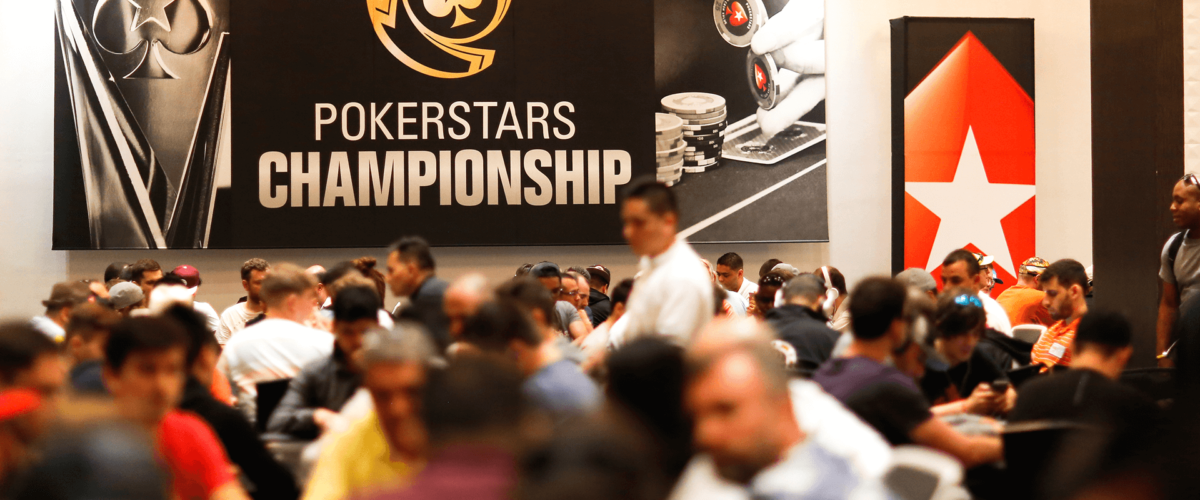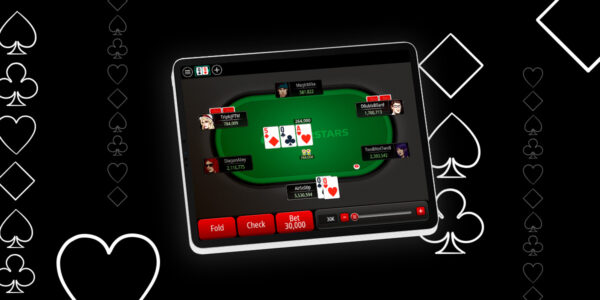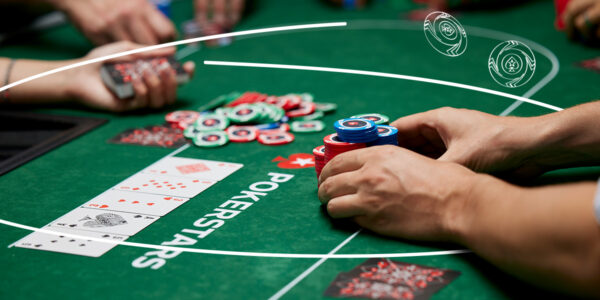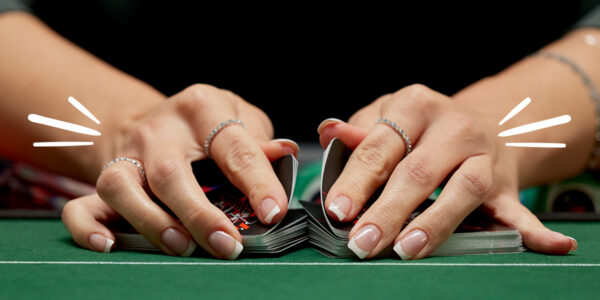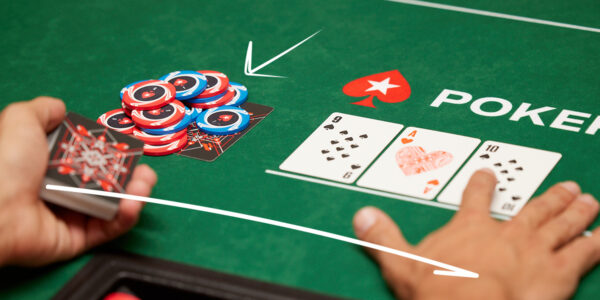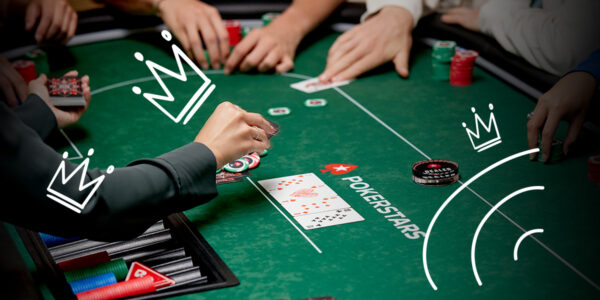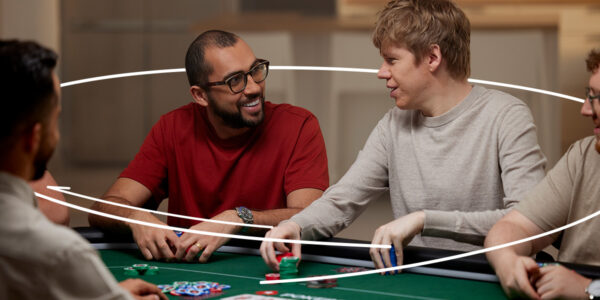Action, Research, & Tilt
Watch the Action (out of hand) – It’s important to make a habit of watching the action when you’re not in a hand. Try to avoid watching the game or chatting to friends on social media during a live tournament.
Focus on your opponents – try to get a sense of how the players at your table are playing. Are the loose, tight, on tilt? See what hands they are playing in each position. Does Seat 2 chase flush draws with bad pot odds?
Go Left – The players on your left are the most important to figure out, as they always act after you. Create a small mental checklist for each player.
- How do they bet, do they place their chips differently with different hands?
- Do they vary their bet sizes with different hands?
- Do they look strong when holding a big hand?
- Do they look weak when holding a weak hand?
- What type of hands do they play in each position?
- Are they more confident after winning a few pots?
- How do they cope with winning a pot or losing pot?
- Try to put them on specific hands and range.
Counting Stacks – Practice counting the other players’ stacks whilst you’re not in a hand. This will help you work out how many chips each opponent has faster. It’s much easier online when you can see the stack sizes as numbers, but live you need to train yourself to quickly calculate a stack size.
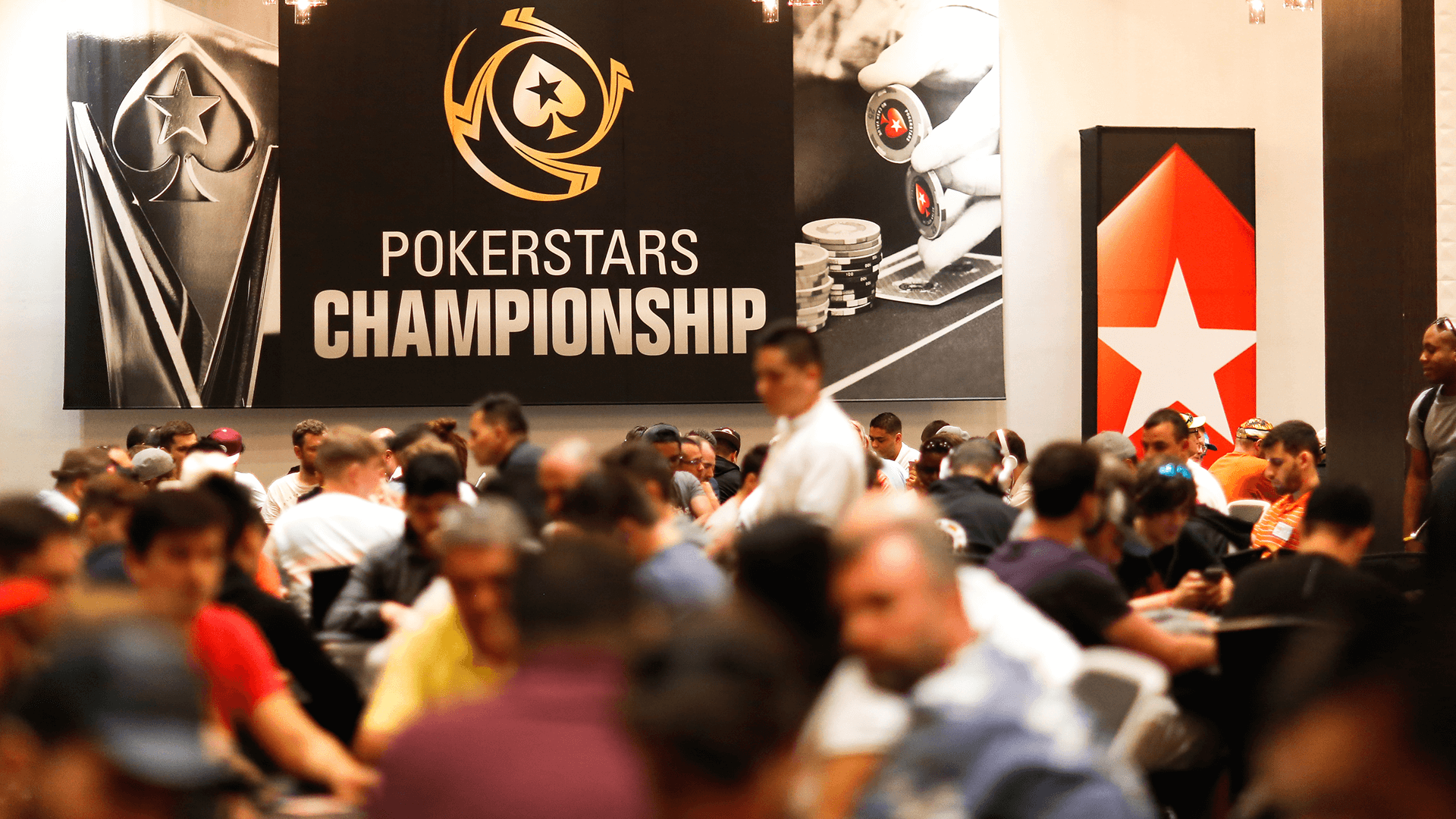
Counting Pots – As above it’s also important that you always keep track of the pot size, this will help you choose the best bet size. Whilst in a hand, you can ask the dealer to spread the pot, if you want to see how many chips are in the middle.
Watch the Action (in a hand) – It’s even more important to watch the action when you’re in hand, so you can replay the action during later streets. Did the player in seat 7 check the flop? If you do not follow the action you will be able to use this information to your advantage in later streets.
Researching players – make your own decisions do not listen to others, just knowing someone’s results is not going to tell you how they play. A tight solid player may have $5 million in cashes, but at the same time a super aggressive player may have the same $5 million in cashes, so it really doesn’t give you any good information. You must form your own opinion of each player at the table.
Qualifiers and Pros – This is probably the only thing you really need to know about your opponents. Are they a Pro, Qualifier, Business Person or Recreational Player. You’ll still need to form your own opinion of each player, this will just give you a basis for their skill level and let you know if you can apply a little more pressure or not.
Tilt – If you’re prone to tilt after a bad play on your behalf or a bad beat, take a break, missing a few hands is far less important if you’re going to risk your stack in the next few hands on a bad play. Take a break, go for a walk, calm down and come back refreshed & focused. Remember everyone makes mistakes and everyone gets bad beats.
Condimentum Nibh
Donec sed odio dui. Cras mattis consectetur purus sit amet fermentum. Vestibulum id ligula porta felis euismod semper. Curabitur blandit tempus porttitor.
